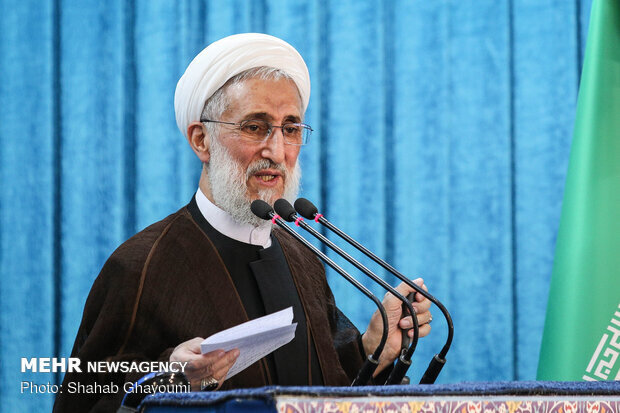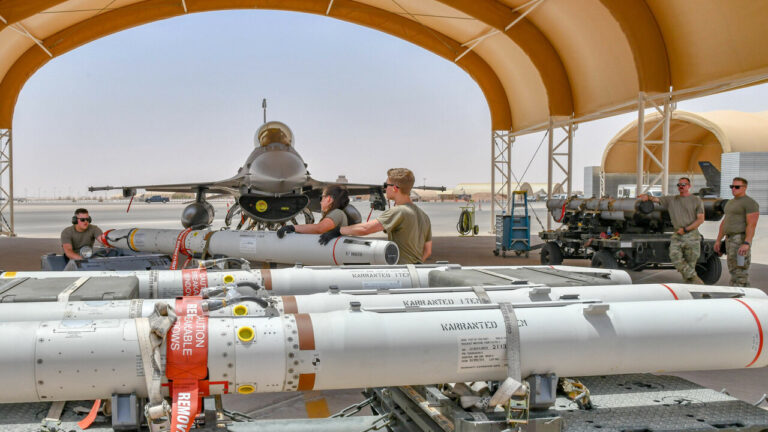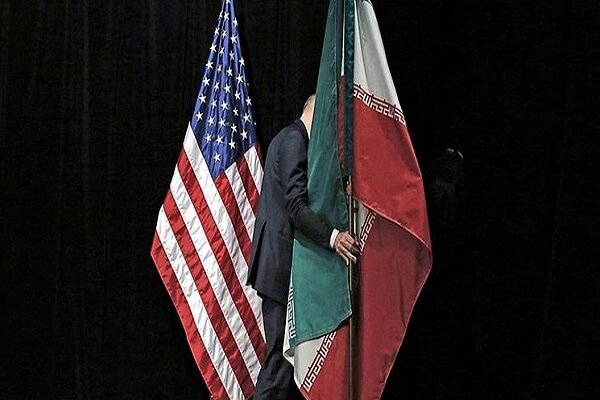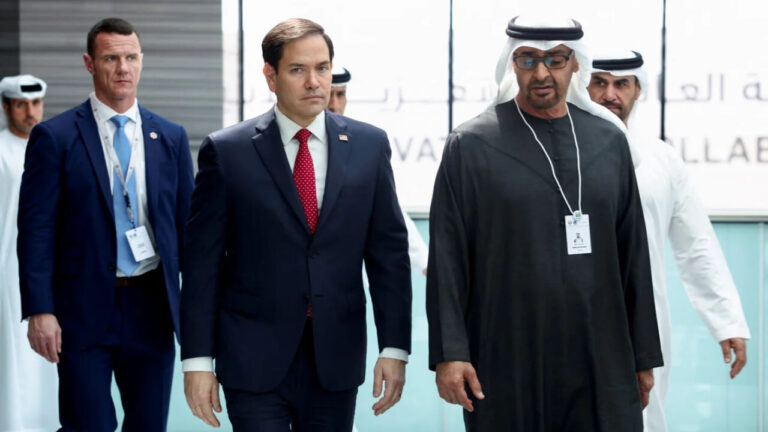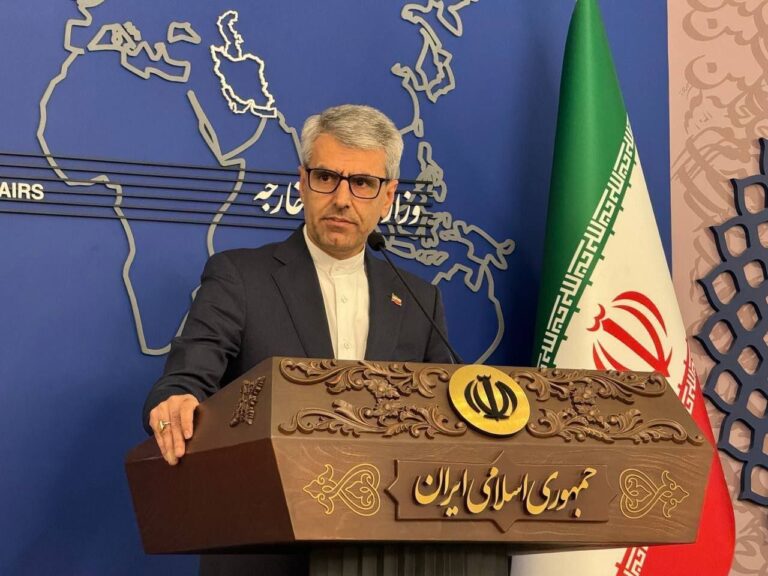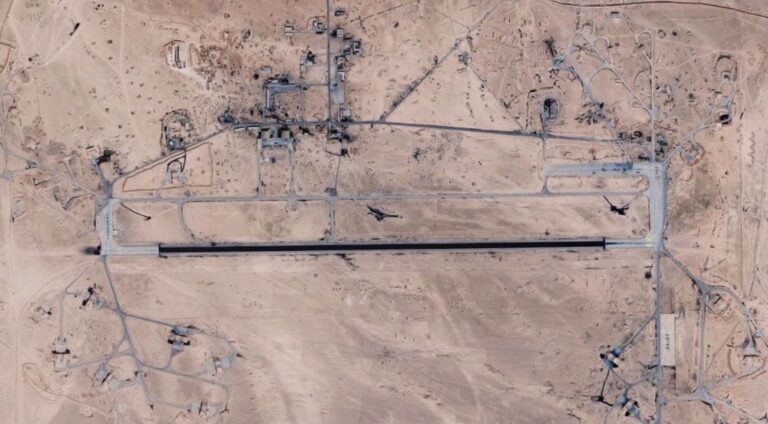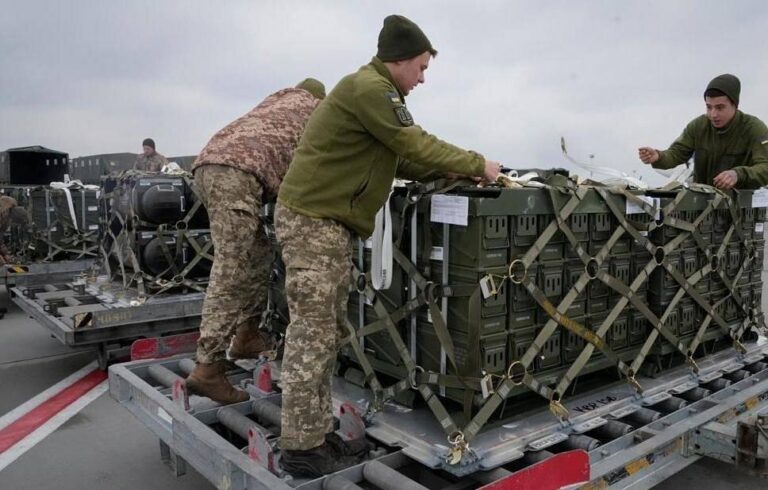Proven Experience Shows US Talks Lead to No Results: A Deep Dive
In a recent sermon during Friday Prayers in Tehran, cleric Sediqi discussed the complexities surrounding talks with the US, emphasizing the sentiments of the Iranian people about negotiations with Washington. His remarks come at a time when internal voices are pushing for renewed discussions to address ongoing issues.
Sediqi criticized those advocating for dialogue with the United States, stating, “Those who suggested talks with the US were humiliated, but some still talk about the need for negotiations.” This statement reflects a strong sentiment among certain factions within Iran who believe that engaging with the US will not yield beneficial outcomes.
During his sermon, Sediqi also highlighted a significant historical moment, recalling the anniversary of the Shah’s Air Force commanders pledging allegiance to the Islamic Revolution and its leader, Imam Khomeini, on February 8, 1979. He noted, “As the Air Force personnel stood by the side of the nation and the revolution at that time, the people are still supporting their Islamic Establishment vigorously.” This reference served to reinforce the idea of unwavering loyalty among the Iranian populace toward their government.
Looking ahead, Sediqi expressed confidence in the people’s commitment to the Islamic Establishment, predicting a strong turnout for demonstrations on the 22nd of Bahman, a date that marks the anniversary of the Islamic Revolution. He stated that this support has been consistent for the past 46 years since the revolution’s victory.
Here are some key points from Sediqi’s sermon:
- Criticism of Negotiation Advocates: Sediqi denounced those within Iran who continue to call for talks with the US, labeling them as misguided.
- Historical Reflection: He reminded the audience of the historical pledge made by Air Force commanders during the revolution, linking it to the current political landscape.
- Public Support: Sediqi expressed his belief that the Iranian people would demonstrate their unwavering support for the Islamic Establishment in the upcoming anniversary celebrations.
- Call for Unity: Through his sermon, he urged unity among the Iranian populace against foreign influence and internal dissent.
This discourse on US-Iran relations is particularly poignant given the ongoing debates within the country regarding the effectiveness of diplomatic engagement with the West. Many Iranians hold strong views about the potential consequences of such negotiations, often drawing from historical contexts to support their arguments.
As the date for the demonstrations approaches, the atmosphere in Tehran is charged with anticipation. The Iranian leadership often uses these anniversaries to gauge public sentiment and reinforce national unity against perceived external threats.
Moreover, the cleric’s remarks serve as a reminder of the complex dynamics at play in Iranian society, where calls for reform and negotiation exist alongside staunch anti-Western sentiments. The juxtaposition of these views reflects a broader struggle within the country over its identity and future direction.
In conclusion, Sediqi’s sermon encapsulates a pivotal moment in Iran’s ongoing narrative regarding its stance towards the United States and internal cohesion. As the Iranian public prepares to commemorate a significant chapter in their history, the underlying themes of loyalty, resistance, and the quest for national dignity continue to resonate deeply within the society.
For those observing the developments in Iran, the upcoming demonstrations will likely be a crucial indicator of the public’s sentiment towards both their government and external relations. The narratives constructed during these events will undoubtedly shape the discourse in the months and years to come.
Stay tuned for more updates on this evolving situation and further insights into how these historical reflections impact contemporary Iranian politics.
